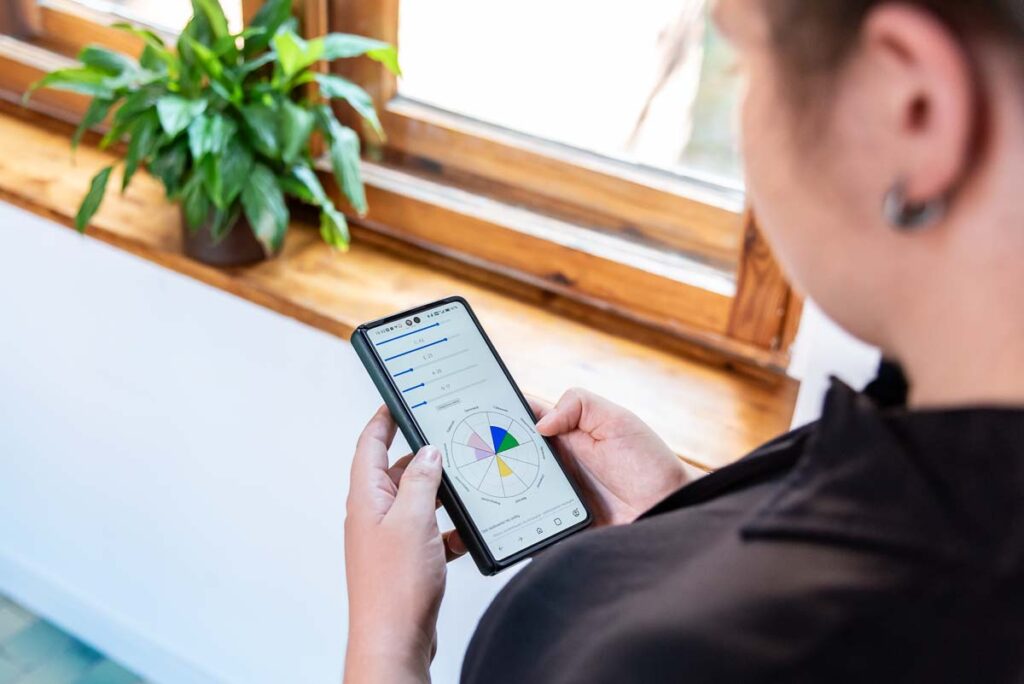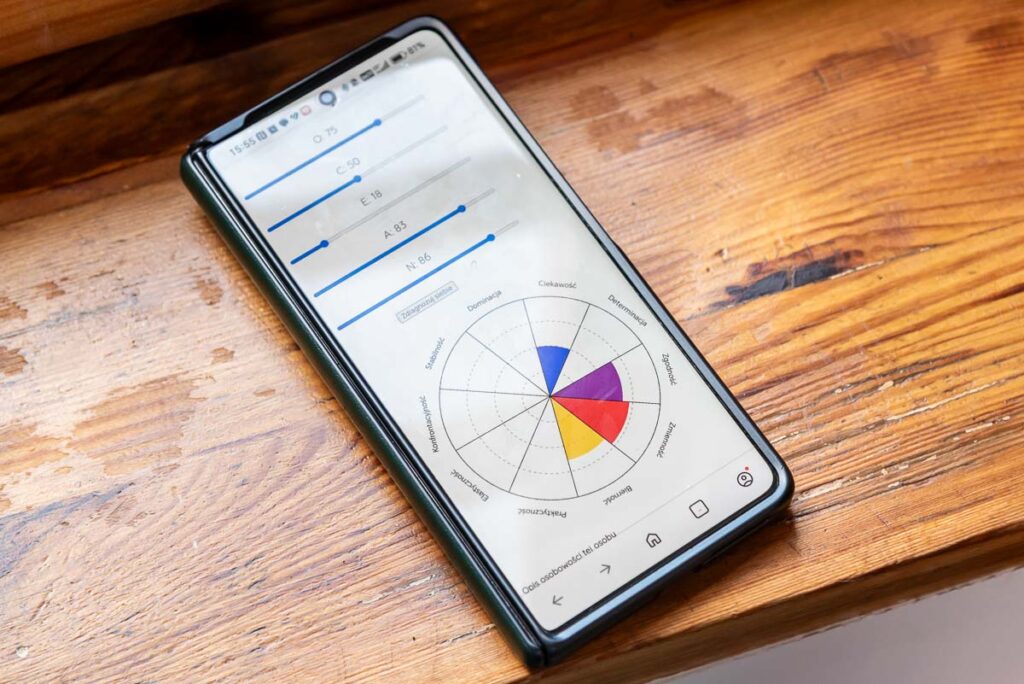Can empathy – a trait so crucial in medical professions – be supported with modern technologies? The answer is yes. This was examined in collaboration with the creators of the Empatyzer tool by Marta Grelowska, author of the first implementation-based master’s thesis completed at the Faculty of Health Sciences, Wroclaw Medical University.
Modern medicine increasingly recognizes that effective treatment is not just about advanced diagnostics and the latest therapies. The need for humanization and the development of soft skills was also discussed by representatives of the Conference of Rectors of Academic Medical Universities (KRAUM) during meetings held at Wroclaw Medical University (WMU).
“Empatyzer perfectly aligns with the expected direction of change. Communication between medical staff and patients, as well as with colleagues, is not just about exchanging information, but also about building trust,” says Dr. Agnieszka Siennicka, Vice-Dean for Development at the Faculty of Health Sciences (a graduate in human biology and psychology), thesis supervisor. “The tool we are testing helps us understand differences between people and teaches us how to deal with them, based on scientific evidence rather than intuition.”

A Tool Based on the Big Five
Dr. Siennicka emphasizes that effective communication must account for the fact that people are different – we have varying sensitivity, respond differently to stress, and cope with emotions in diverse ways. Cultural differences also shape our behavior.
The Empatyzer application uses the Big Five model – a scientifically recognized personality assessment system that measures five key traits: neuroticism, extraversion, openness to experience, agreeableness, and conscientiousness. After completing a short psychometric test, the tool creates a personal profile and – most importantly – suggests how to communicate with people who possess different traits.
“Empatyzer is more than just a personality analysis,” explains Piotr Golczyk, creator of the solution. “Its main purpose is to support communication through artificial intelligence. AI first evaluates and compares differences, and then highlights what to focus on to make contact satisfying for both parties. The solution can be applied in many settings: medical offices, student groups, or work teams. It can also be integrated with communication platforms and email systems.”
Under a cooperation agreement, the company provided the university with access to the application for the purposes of the implementation thesis. Ultimately, it is also intended for students and staff – as a teaching aid for the former, helping them learn patient communication, and as daily support for the latter in their teamwork.

Empathy – Essential in Communication
Marta Grelowska, the study’s author, assessed the level of cognitive empathy before and after personalized training with the Empatyzer. Participants interacted with virtual patients of different personality types, while the tool guided them on how to adjust communication to each individual.
“The results indicate that the knowledge gained during training contributed to an increase in empathy and reinforced attitudes that facilitate interpersonal communication,” says the physician, who complemented her education with a degree in public health. She also points out that better understanding between healthcare workers and patients increases openness and trust, improves the transfer of information, and positively affects treatment outcomes and recovery. “This proves that such solutions have real potential in the education of current and future medical staff,” she adds.
Piotr Golczyk stresses that empathy is not innate. “According to the literature, only about 10% of the population naturally has a strong ability to recognize emotions. But empathy can and should be developed. That is the purpose of Empatyzer, which combines science, technology, and the real needs of medicine, while supporting the principle of primum non nocere.”
Empathy is also one of the values embedded in the Strategy of Wroclaw Medical University, represented in the acronym POWER. Passion, Openness, Work (Collaboration), Empathy, and Reliability are the foundations of the university’s educational, research, and clinical activities. For this reason, the university will implement the project “Application of an innovative IT tool in assessing selected determinants of communication skills in doctor-patient and colleague-colleague relations among employees and students of a medical university.”
“With internal funding, we will evaluate how using Empatyzer influences the development of soft skills and communication among our students and staff,” explains the Vice-Dean for Development of the Faculty of Health Sciences.
Implementation-based theses – a program carried out at Wroclaw Medical University – are based on cooperation between the university, students, and companies. They allow students to gain practical experience, which boosts their skills and employability. They also establish professional connections that may support future careers. For companies, it is an opportunity to access innovative ideas, recruit talent early, and build lasting partnerships with universities. The program bridges science and practice and directly supports the development of the healthcare sector.
Photo: Tomasz Walów